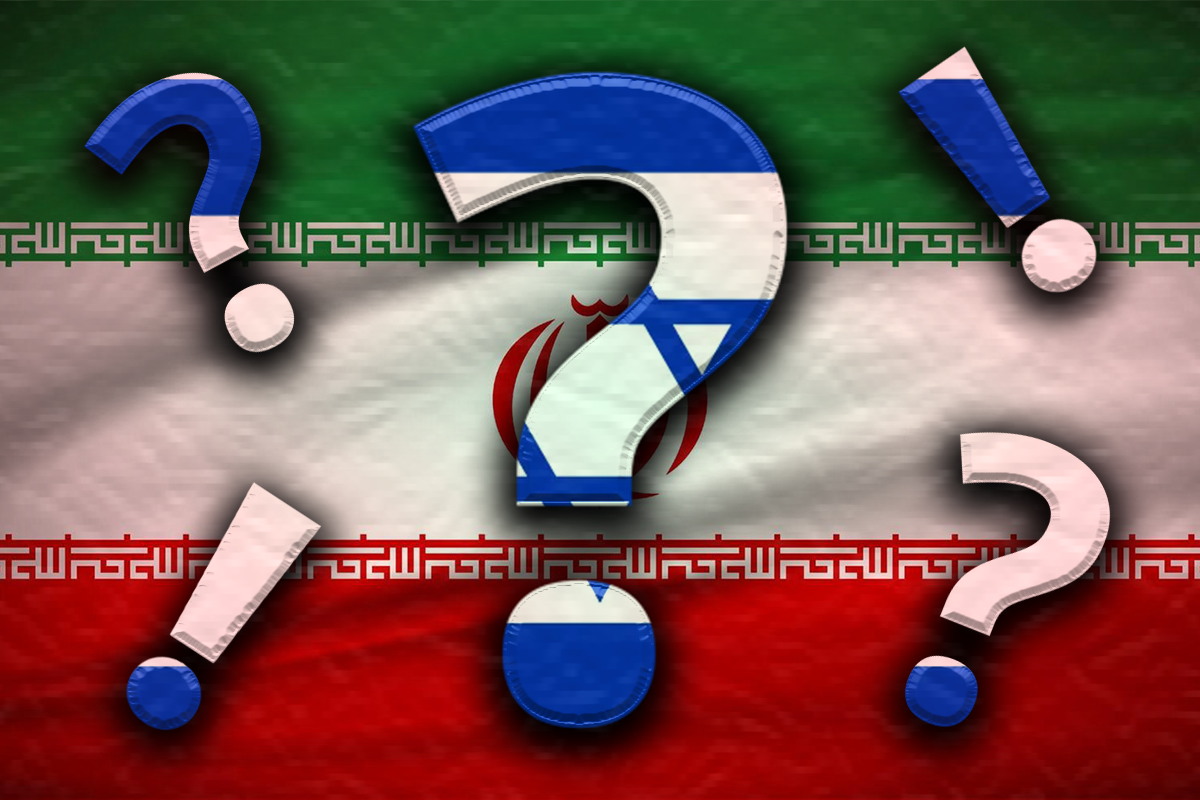After the Israeli attack on the Iranian consular building in Syria, Tehran faces a significant dilemma. It must formulate a response that acts as a deterrent without escalating into a conflict that would potentially draw in the U.S. and Europe in support of Israel, while also avoiding diverting international attention from Iran’s favored cause, the Palestinian issue. Although many advocate for sustained pressure to keep Israelis on edge and anticipate further attacks, this approach comes with inherent risks. Iran’s internal challenges related to the economy and public satisfaction add another layer of complexity to this delicate balancing act.
On 10 April, mere hours after Supreme Leader Ali Khamenei vowed to deliver “punishment” to Israel, the media landscape was abuzz with unverified reports, purportedly from Mehr News, suggesting a looming assault by Iran. These reports claimed that Iranian airspace had been cleared in preparation, bringing back memories from January 2020 and the ill-fated Ukrainian airliner shot down by the IRGC. However, Mehr News later refuted these reports, stating it had never disseminated such information. Despite this, screenshots from the news agency’s Twitter account, allegedly quoting the Iranian minister of defense discussing the closure of Iranian airspace, circulated widely on social media. This incident’s intricate details—whether stemming from a miscommunication, a deliberate misinformation campaign by domestic or international actors, or some other factor—spawned an environment of fear. The prospect of an imminent conflict, whether or not it heightened tensions in Israel, rekindled anxiety among Iranians in view of their experience of the Ukrainian plane, shot down during a supposed reprisal for the assassination of Qasem Soleimani. Interestingly, social media platforms aligned with the IRGC were quick to dismiss the airspace closure reports.
Despite denials of flight cancellations by Iranian aviation authorities, subsequent narratives from official outlets of the administration continue to hint at impending retribution against Israel, possibly to stir anticipatory fears within the Israeli populace. Yet Sobh-e Sadeq, an IRGC-affiliated publication, has maintained a noticeably restrained tone. It posited that the attack on Iran’s consular facility was a provocateur’s bait, intending to ensnare Iran into a wider conflict. The outlet even advised the resistance front to persist in its “strategically patient” stance against Israel. The latest edition of Sobh-e Sadeq urged both the public and officials to place their trust in Iran’s military and security leadership, cautioning against unnecessary speculative commentary on Iran’s potential response.
Among these discussions, there was a clear call for national unity, reflecting a keen awareness of the dwindling public trust and growing divisions exacerbated by the 2022 protests. This sentiment aligns with some reformist analysts’ perspectives, suggesting that the unifying effect of war, once proving eminently successful against figures like Saddam Hussein in the 1980s, may no longer resonate with the Iranian public in the same way. Besides unity, current economic challenges are a significant point of concern, with escalating conditions and the currency crisis drawing widespread attention. Hardline media outlets and figures have been quick to dissociate these economic issues from any potential war rhetoric, instead attributing the financial turmoil to the policies of the administration and the Central Bank of Iran. Interestingly, the hardline news outlet Tasnim has suggested that this economic instability, particularly in the FOREX market, could be a factor delaying Iran’s retaliatory actions against Israel.
In the midst of discussions about potential military engagements, reformist voices like former diplomat Mohammad-Hosein Baniasadi are bringing to light the profound internal challenges that Iran faces, which they argue surpass even the threats from external adversaries. Baniasadi points out a series of critical domestic issues such as a pervasive distrust between the Iranian populace and their government, acute economic struggles, a sense of national stagnation when compared to the neighboring countries, and the government’s perceived disregard for national identity and pride. Additionally, he notes the erosion of governmental authority against foreign adversaries, widespread internal dissatisfaction, inflexibility on the part of the government, and ongoing clashes between religion and culture as issues that compound Iran’s vulnerability and weaken the fabric of national unity essential for withstanding external pressures. He advocates for a focused effort by the authorities to address these grievances, suggesting that bolstering national cohesion and addressing the root causes of domestic discontent are critical strategies for safeguarding Iran against external threats and challenges. The acknowledgment by the IRGC-affiliated outlet of a diminished state of national unity, amid debates about a response to Israel, is a significant admission that resonates with the analysis provided by Baniasadi, reflecting a critical self-awareness within elements of Iran’s establishment regarding the internal challenges and societal fractures that could affect the country’s strategic posture.







